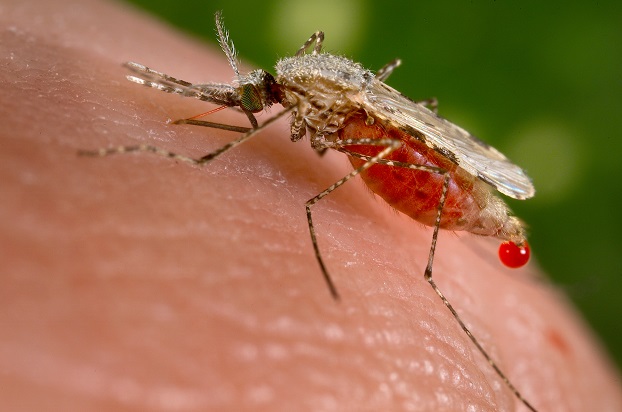Arua City Health Department has launched a campaign to combat the high prevalence of malaria through a combination of school science clubs and Music, Dance, and Drama campaigns. The initiative comes at a time when health facilities within the city are grappling with a high burden of malaria.
Mahfouz Baguma, the Arua City malaria focal point person, explains that under the initiative, they intend to establish mini laboratories in selected schools within the city to educate learners on the science of female Anopheles mosquitoes that cause malaria.
The learners are expected to apply the skills they acquire from school to implement malaria prevention in their homes or neighborhoods.
Meanwhile, Dr. Pontius Apangu, the Arua City Health Officer, has attributed the high malaria burden in the city to reckless behavior among the locals. Apangu further notes that there is a need for parents to minimize mosquito breeding within homesteads and ensure that they sleep under mosquito nets.
In November last year, the Ministry of Health launched Indoor Residual Spraying (IRS), an intervention to reduce the high malaria burden in nine districts in the West Nile region. However, Arua City, Nebbi, Zombo, and Pakwach districts were excluded during the exercise.
Alice Akello, the Arua Resident City Commissioner, has appealed to the Ministry of Health to include Arua City in the next phase of indoor residual spraying since they missed out on the countrywide exercise.
Malaria remains a major killer disease in the sub-region and the leading cause of morbidity, especially for children under five years and pregnant mothers. According to the Ministry of Health (MOH) statistics, fourteen people still succumb to malaria every day in the country.
-URN





